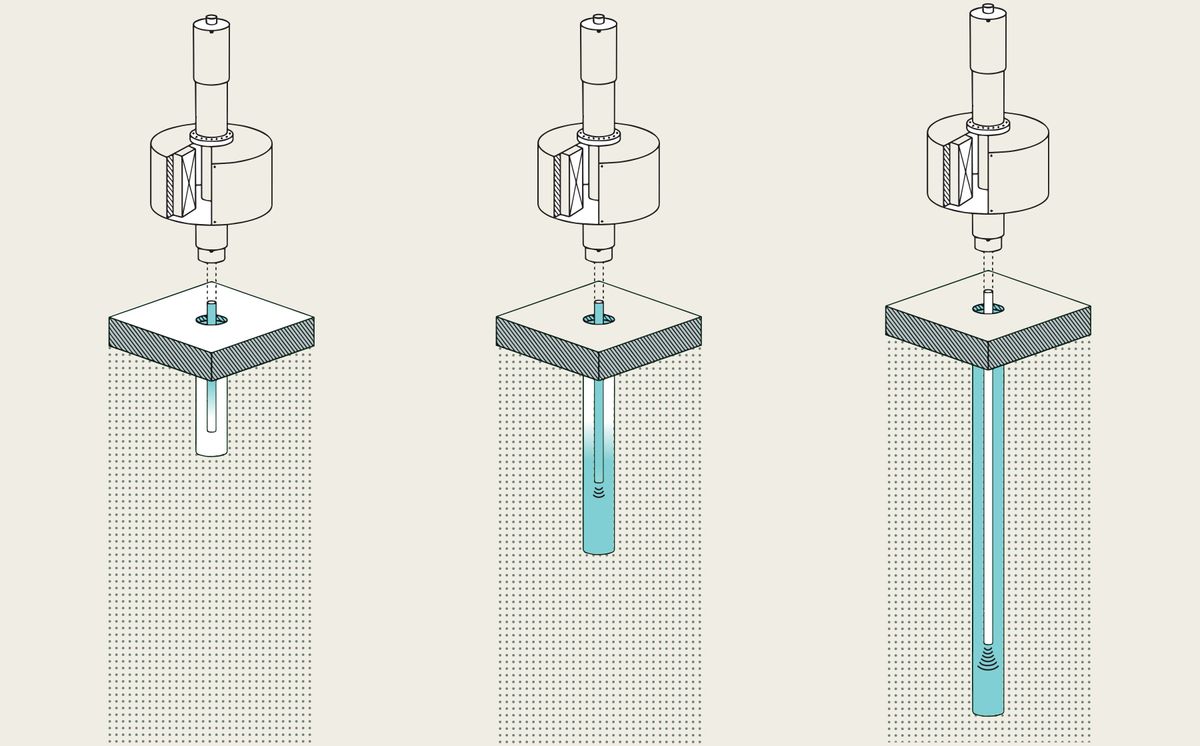Germany's election this weekend could save nuclear energy's neck, at least in Europe, thanks to the decisive re-election of Chancellor Angela Merkel and her center-right Christian Democratic Union. It may not be enough to secure the nuclear industry's troubled renaissance, as poster-child projects bog down in delays and cost overruns. But Merkel could keep Germany's reactors operating for another 15 years or so beyond the 2022 deadline set under her predecessor and erstwhile coalition partners, the Social Democrats.
"German poll gives mandate to delay nuclear phaseout" is the clarity with which Reuters presented the election's energy implications in an article yesterday. That is surprising, given the extensive coverage given by German media to a supposed upwelling of antinuclear sentiment in the weeks leading up to the election.
The revival of concerns over nuclear energy's safety were sparked by allegations of government misconduct in the planning for a controversial permanent storage site for high-level waste. Outgoing environment minister Sigmar Gabriel, a Social Democrat, leaked documents suggesting that Merkel's predecessors had tried to cover up the potential that radioactivity from the site, a former salt mine, could leak into groundwater. Germany newsweekly Der Spiegel warned that the "damaging revelations" had "rekindled political debate about atomic energy in Germany" and might cost Merkel the election.
Apparently they were wrong, for Merkel beat the Social Democrats so decisively that she can now government without them. Many Germans seem to accept the conclusion of our feature on "Germany's Green Energy Gap": even this world leader in renewable energy is not installing wind power and solar energy fast enough to replace the 25% of its electricity supplied by nuclear reactors.
Nor will the German public support unfettered installation of new coal-fired power plants. Just this month a German court ordered energy giant E.on to halt construction of a 1.1 gigawatt coal-fired power plant in Datteln, in which it has already invested €600 million ($880 million).
As the Times of London notes in an editorial today entitled "Merkel Unleashed", there seems to be no way around keeping the nukes going: "Unless the life of some of the nuclear plants is prolonged, the country will become yet more dependent on Russian gas and energy imports."
Peter Fairley has been tracking energy technologies and their environmental implications globally for over two decades, charting engineering and policy innovations that could slash dependence on fossil fuels and the political forces fighting them. He has been a Contributing Editor with IEEE Spectrum since 2003.


